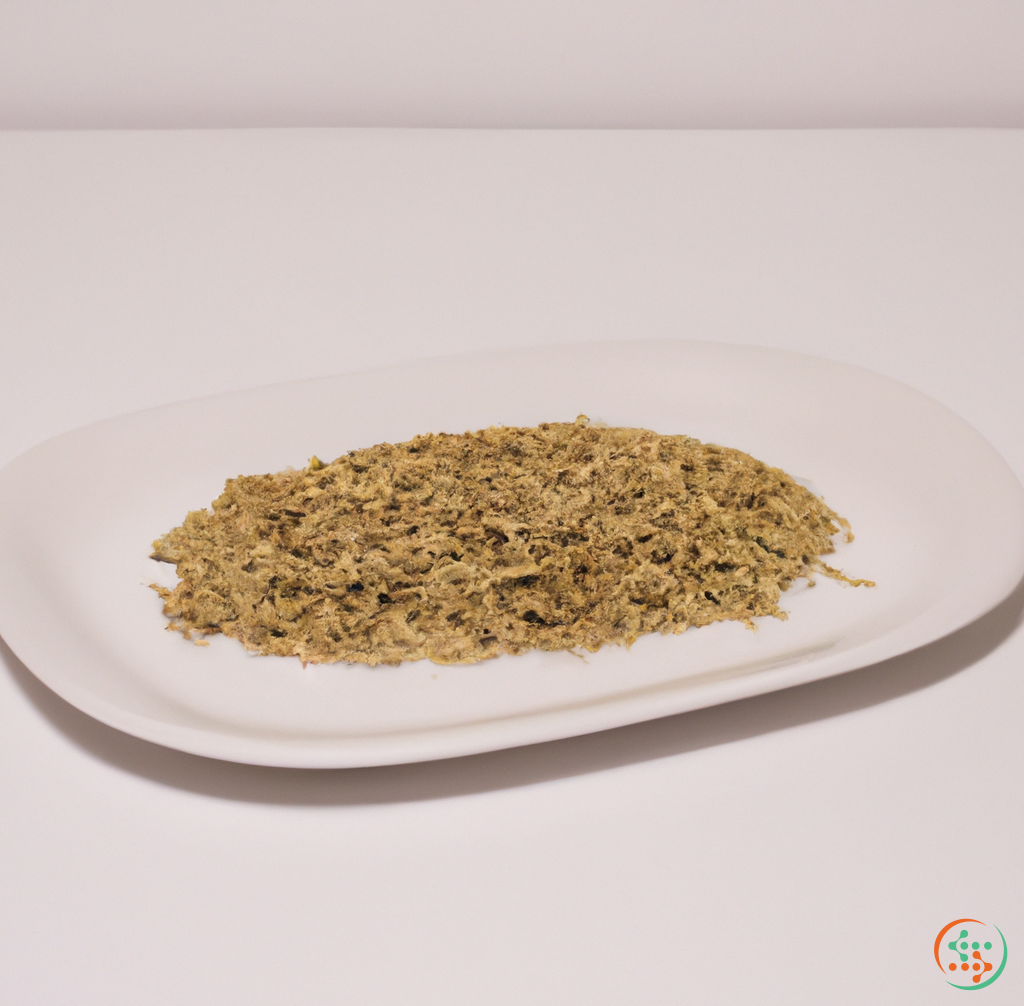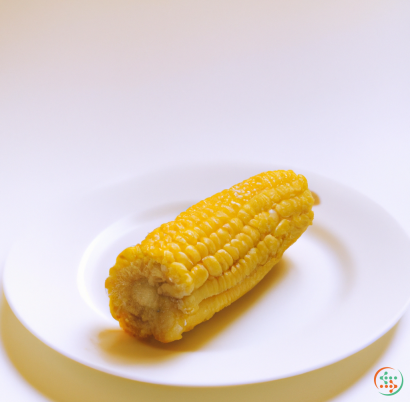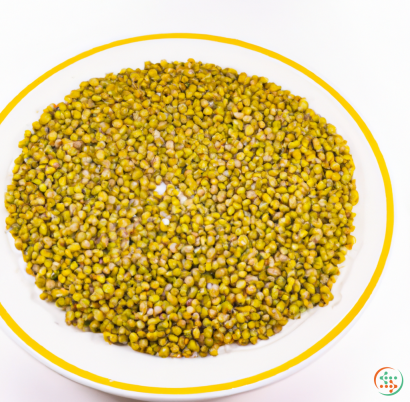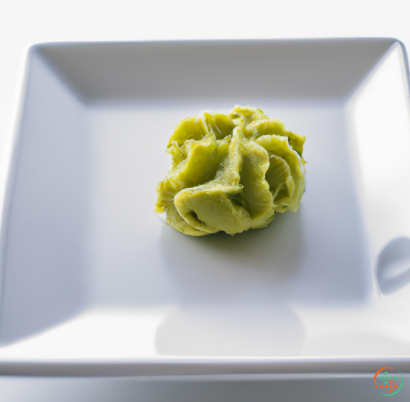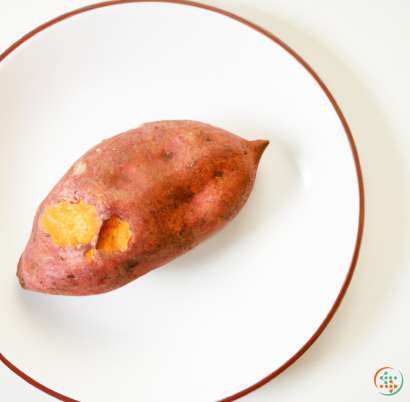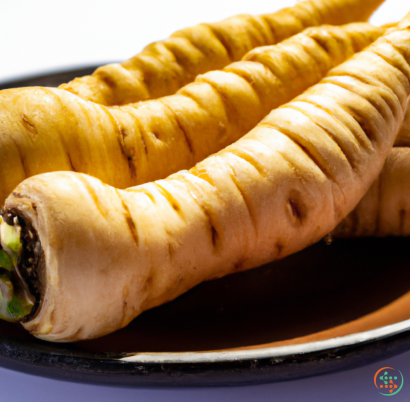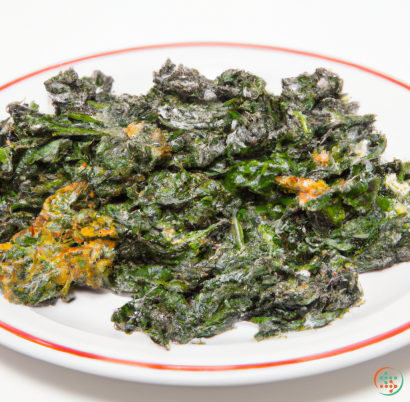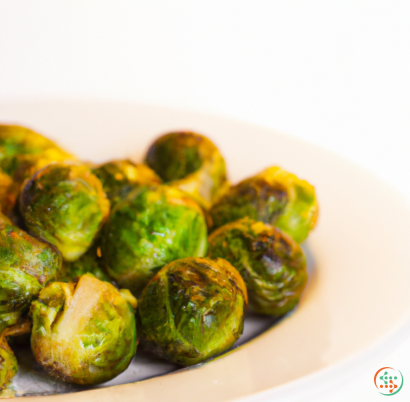Fennel Seed
and its health benefits
Fennel Seeds: Everything You Need to Know
From a small seed comes much flavor, and fennel is no exception. Fennel seeds have become a popular culinary seasoning around the world, especially in dishes with their native origin in the Mediterranean area. Since the days of ancient Rome, fennel seeds have been used in cooking, adding a delightfully sweet and anise-like garden flavor to the dishes.
But it isn’t just their flavor that has made them popular. Fennel seeds have also been utilized for their medicinal properties that many cultures have believed in and still use to this day. Fennel seeds are known as one of nature’s greatest gifts. Let’s explore the power of these wee and complex seeds.
What Are Fennel Seeds?
Fennel is an herbaceous plant in the Apiaceae family, closely related to aromatic vegetables, such as celery and carrots. It is native to the Mediterranean, but it can now be found growing in most temperate climates. Commonly known as “sweet fennel”, the plant is easily distinguished from its horde of cousins by its large umbels of yellow flowers and strong licorice aroma.
Fennel seeds come from the plant’s dried seed heads, usually harvested in Autumn after the flower has flowered. While fennel is cultivated throughout the world, the majority of what’s sold commercially comes from India, the largest producer of the crop.
Flavor and Aroma
Fennel seeds boast an intense flavor that is sweet and floral with a hint of anise. They contain essential oils such as anethole, which is responsible for the strong intense flavor of liquorice and vinegars that can be created from macerating the seeds. People often compare it to the flavor of black licorice, but not as sweet. While the taste may remind you of that of anise, it is far more complex and has subtle undertones of citrus and pepper.
Due to its high essential oil content, which can fluctuate between 3-9%, fennel seeds have a very strong fragrance which carries across multiple dishes. When ground, the flavor and aroma is at its most intense, but the addition of whole seeds will add a nutty and crunchy texture to any dish.
Health Benefits
Fennel seeds are a rich source of dietary fiber, vitamins, and minerals, making them a nutritious snack to keep on hand and an ideal ingredient to incorporate into your daily diet. As well as being an excellent source of dietary fiber, fennel seeds are high in antioxidants, including vitamin C, which help to protect cells in the body from damage caused by free radicals.
In India, the seeds are most often consumed during the fasting period of Ramadan to alleviate the hunger pangs and provide some essential nutrients. The seeds are also used to aid digestion due to their essential oils, which have antispasmodic and carminative properties. This means that the essential oils in fennel can act as a relaxant for the muscular walls of the digestive tract, suppressing spasms and helpful against gas.
Fennel seeds are also widely known for their diuretic and anti-inflammatory properties. This means that they can be used to treat various skin conditions, from acne to eczema. The seeds contain anethole, which is beneficial in relieving pain caused by inflammation.
How to Enjoy Fennel?
Fennel is a delight deserving of its wider recognition. Whether it’s simply enjoyed as a snack, used in cooking, or imbibed as a herbal remedy, there are plenty of ways to enjoy the many flavors and benefits of fennel seeds.
One of the more traditional methods of enjoying fennel is as a digestive aid. To make an infusion of the seeds, add one teaspoon of fennel seeds to one cup of boiling water. Leave the mixture to cool and drink after meals. Another popular method of using fennel seeds is to add them to baked goods, like cakes or muffins. For a more savory dish, try adding them to stews, soups, and sauces.
Conclusion
Fennel seeds are a flavorful and robust seasoning that carries with it the unique sweet flavor of anise. From ancient times to modern day, they have played an important role in both culinary and medicinal uses. If you’d like to explore what fennel can do for your health and your cooking, there are plenty of ways to give it a go.
Fennel Seed – From Seed to Dinner Plate
Have you ever stopped to think about the journey a fennel seed takes before ending up on your dinner plate? Fennel seeds are used widely throughout the world in a variety of dishes. Even though it may seem simple to simply buy them pre-packaged at the store, the journey they take to get there is far more complex.
By understanding the different stages required for fennel seeds to reach us, we can gain a greater appreciation of the food that we consume on a daily basis. For this article, we will explore the many stages fennel seeds go through on their journey to becoming part of our meals.
The Beginnings of Fennel Seed
Like other plants, fennel starts its lifecycle as a seed. A mature fennel plant produces elliptical seeds about 1–4 mm in length that are typically brown or grey in colour. These seeds are referred to as ‘true fennel’ and often referred to as sow-fennel, wild fennel or Foeniculum vulgare.
Fennel plants are classified as non-woody herbs that are members of the parsley family and are native to the Mediterranean. Fennel is a hardy and fast-growing biennial (though often grown as an annual) that can reach up to a meter and a half in height, depending on the variety.
Fennel is propagated by planting fennel seeds in the ground or in a suitable container and ensuring the soil or potting mix is moist but not overly wet. The seeds should be placed in shallow soil (1–2 cm deep) and lightly covered. The ideal temperature range for germination is between 15–20ºC and fennel seeds will typically germinate in 2-14 days.
The Growing Stages of Fennel
The germinated seeds grow into small fennel plants. As the plants grow, they need plenty of sunlight and water, as well as a warm climate with temperatures of 10-25°C. In temperate climates, fennel can be sown in March and will produce seed heads in late summer, early autumn.
The small fennel plants need approximately 80-110 days to reach maturity when the stems turn woody, indicating that the plant is ready to produce seed heads. The stems contain fennel buds, which open up to form clusters of small yellow flowers that produce the seed heads.
During the blooming stage of the plant, each cluster of flowers opens up and exposes its yellow centre, the male part of the flower. Shortly after blooming, the flower bud will drop petals and grow the seed pods. The seed pods grow and eventually turn green before reaching the dry and brown stage.
Harvesting the Fennel Seed
When the seed pod turns dry and brown, it is time to harvest the seed heads. The seed heads should be cracked open with hands or tools before the seeds are removed from the husk and become loose. Care must be taken to not damage the harvesting container as it can affect the quality of the harvest.
The harvested and collected fennel seed is then spread out onto a tray or net to allow it to dry and to cool down. This can take anywhere from one day to a few days, depending on the humidity and temperature of the environment.
After the drying and cooling process, the seeds can be placed in an airtight container such as a jar or sealed bag. This prevents moisture from entering the container and affecting the quality of the seeds. The stored seeds can be stored in a cool and dark place for up to one year.
Processing and Packaging
Once the seeds have been collected, dried and placed in an airtight container, they can be further processed for packaging. This involves cleaning the seeds of any dirt or husk, which can be done either manually or through more advanced methods, such as sieving or air-blasting.
After the fennel is cleaned, it is dried once more to reduce its moisture level. This helps keep the seeds from going bad too quickly. The fennel is then cooled to 40°F and placed in an airtight package that typically consists of a foil pouch with a window for easy viewing.
The last stage of processing is to carry out a series of quality tests to ensure that the product is of a high standard. Typically, this includes testing for moisture content, contamination, oil quality, odor and taste. After the tests have been completed, the fennel seed is then ready to be packaged and sold.
Transporting Fennel Seeds
The packaged fennel seeds then begin their long journey to a dinner plate. This journey typically starts in the country where the fennel is grown, with containers of seeds being shipped to a distribution centre.
These distribution centres are responsible for testing the seeds, separating them by quality, and packaging them into smaller units of one pound or less. The packages are then shipped, typically via truck or rail, to grocery stores, spice shops, and other retailers.
At the end of the journey, the container of fennel seed arrives at its destination, ready to be sold to the public. From there, the seeds are either purchased by consumers for at-home use, or used in restaurants to become part of various dishes.
Making it to the Dinner Plate
Once the purchase is made, the fennel seed is ready to become part of a dish. Fennel seeds are popular and versatile ingredients that are used in many cuisines around the world, including Indian, Vietnamese, German, and Italian.
The seeds can be used whole or they can be ground into a powder to be used as seasoning or a thickener. Fennel seed can be used to make soups, stews, salads and even desserts. The taste of fennel seeds is distinctively sweet and licorice-like, with a subtle hint of pepper.
Conclusion
By considering the long journey a single fennel seed takes before reaching our dinner plates, we can gain a greater appreciation of the complexity and beauty of the food-supply chain. Although the time frame for these steps may be short, the process remains important for ensuring a steady flow of food from farm to fork.
This article only touches upon the vast complexity and diversity of the food-supply chain, which applies to all manner of fruits, vegetables and grains. The next time you’re enjoying an Indian curry with a hint of freshly ground fennel, take a moment to consider the amazing journey that seed had gone through before arriving on your dinner plate.
| Vitamin A | 0.007 mg | |
| Vitamin C | 0.021 grams | |
| Vitamin B1 | 0.41 mg | |
| Vitamin B2 | 0.35 mg | |
| Vitamin B3 | 0.00605 grams | |
| Vitamin B6 | 0.47 mg |
| Calcium | 1.196 grams |
Daily Value 1.3 g
|
| Iron | 0.01854 grams |
Daily Value 0.018 g
|
| Magnesium | 0.385 grams |
Daily Value 0.4 g
|
| Phosphorus | 0.487 grams |
Daily Value 1.25 g
|
| Potassium | 1.694 grams |
Daily Value 4.7 g
|
| Sodium | 0.088 grams |
Daily Value 2.3 g
|
| Zinc | 0.0037 grams |
Daily Value 0.011 g
|
| Copper | 0.00107 grams |
Daily Value 0.9 mg
|
| Manganese | 0.00653 grams |
Daily Value 0.0023 g
|
| Tryptophan | 0.253 grams | |
| Threonine | 0.602 grams | |
| Isoleucine | 0.695 grams | |
| Leucine | 0.996 grams | |
| Lysine | 0.758 grams | |
| Methionine | 0.301 grams | |
| Cystine | 0.222 grams | |
| Phenylalanine | 0.647 grams | |
| Tyrosine | 0.41 grams | |
| Valine | 0.915 grams | |
| Arginine | 0.68 grams | |
| Histidine | 0.331 grams | |
| Alanine | 0.789 grams | |
| Aspartic Acid | 1.833 grams | |
| Glutamic Acid | 2.956 grams | |
| Glycine | 1.107 grams | |
| Proline | 0.9 grams | |
| Serine | 0.9 grams |
| Total Sugars | 0.131141 grams |
per 100g
|
| Palmitic acid (16:0) | 0.48 grams |
|
| Total Saturated fatty acids: | 0.48 g | |
| Oleic acid (18:1) | 9.91 grams |
|
| Total Monounsaturated fatty acids: | 9.91 g | |
| Linoleic acid (18:2) | 1.69 grams |
|
| Total Polyunsaturated fatty acids: | 1.69 g | |
| Phytosterols | 0.07 grams |
|
| Total Sterols: | 0.07 g | |
